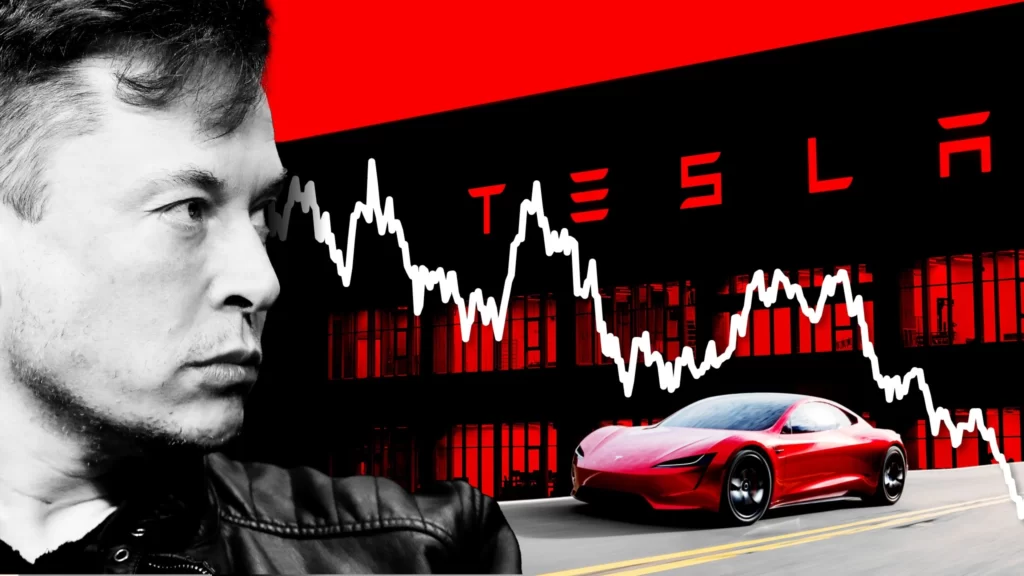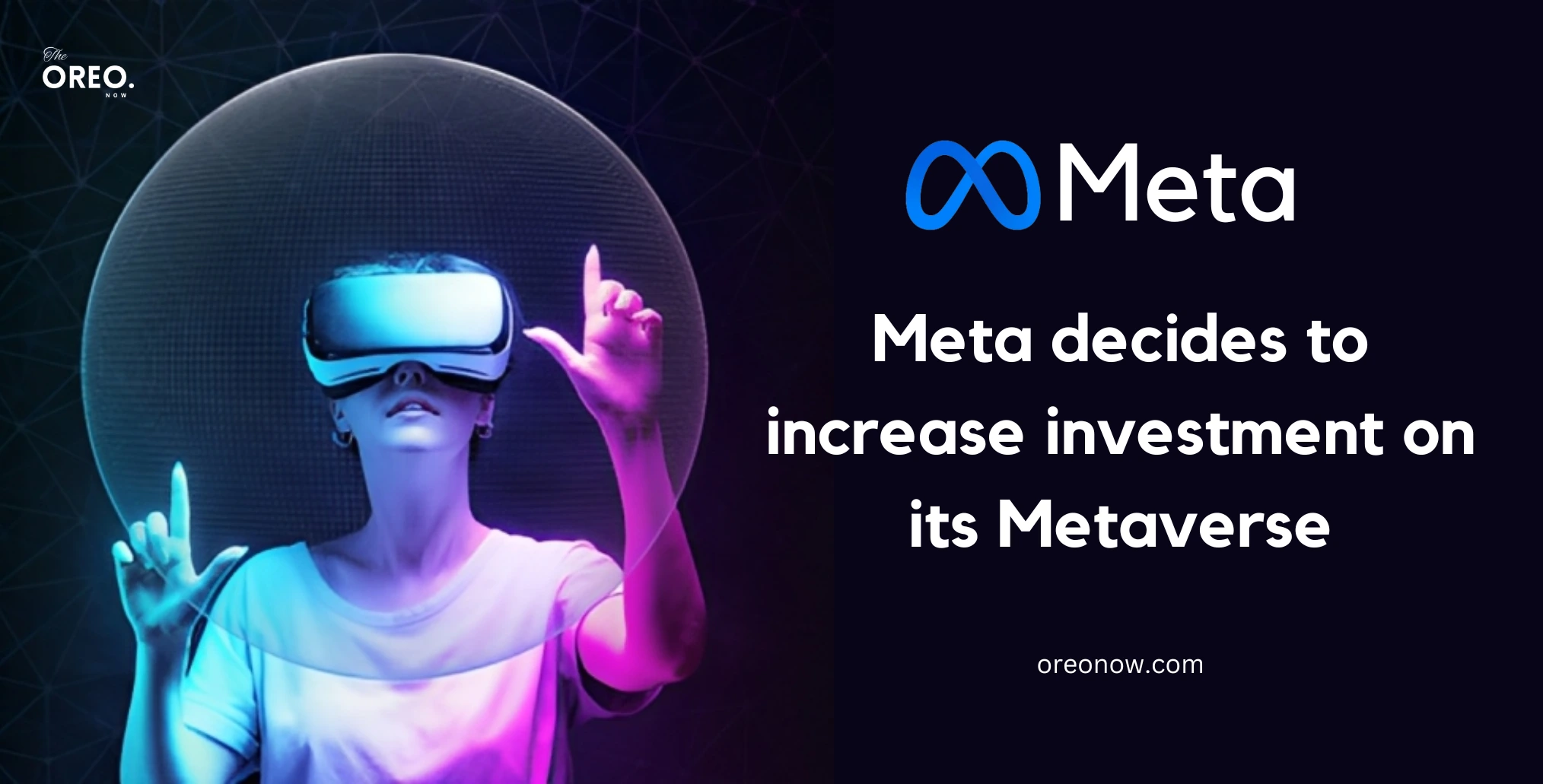Tesla’s Downfall in Automobile Market
In the dynamic world of electric vehicles, one name towers above the rest: Tesla. The brainchild of the enigmatic Elon Musk, Tesla has sparked a global revolution in sustainable transportation. With its sleek designs, cutting-edge technology, and an ever-growing legion of devoted fans, one would assume that Tesla is universally adored. However, in the midst of this electric frenzy, a curious phenomenon emerges: People Hate Tesla. Yes, you read that right – there are those who harbor a genuine disdain for the trailblazing brand that has set the automotive industry ablaze. But what drives this enigma of discontent? Let’s dive deep into the psyche of these detractors and explore the surprising reasons behind the animosity that has erupted against the electric vehicle giant. Brace yourselves for a rollercoaster ride as we unravel the mysteries behind the contrasting sentiments toward the electrifying sensation that is Tesla.
Why Are People Hating Tesla? Understanding the Controversy
Tesla is renowned in the fast-paced world of car technology for its trailblazing electric cars and sustainable energy solutions. While numerous individuals admire and value the remarkable achievements of this well-known brand, there are others who express their disagreement and discontent. What leads certain people to possess adverse feelings towards Tesla, a company highly regarded for its creative ideas and pioneering mentality? This article will investigate the numerous motives behind individuals harboring strong negativity toward Tesla and bring to light the controversies enveloping the widely-acclaimed electric car company. We will explore why some people dislike Tesla, from business concerns to debates about its CEO. Our goal is to explore the rationales that triggered this dispute and grasp the underlying truth.
Tesla, the trailblazer in electric vehicles, has undeniably left an indelible mark on the automotive industry. However, despite its remarkable achievements, there is a growing undercurrent of criticism and animosity directed toward the company. But why are people hating on Tesla? Let’s delve into the multifaceted reasons fuelling this sentiment and explore the core reasons to dislike the electric giant.
Disrupting Traditional Industries

image credit- https://www.ft.com/content/05957040-f7d7-4bf8-ba47-29f176a991f2
Many people dislike Tesla because it has caused major changes in traditional industries. Due to Tesla’s unrivaled influence in the electric vehicle market, other automotive companies have been compelled to reassess their strategies and allocate significant funds toward electric mobility. The implementation of this sizable transformation has resulted in the workforce in traditional vehicle manufacturing growing increasingly anxious about potential unemployment. It has also made people worried that famous car brands might start to decline.
Furthermore, Tesla’s significant emphasis on harnessing energy from renewable sources and enhancing battery technology has posed a substantial challenge for the fossil fuel-dependent industry. In an effort to preserve their own stakes in the traditional energy sector amid uncertain times, a group of individuals has resorted to circulating adverse accounts with the aim of undermining Tesla.
Elon Musk’s Controversial Persona
Another reason why people don’t like Tesla is because its CEO, Elon Musk, has a personality that divides people and causes conflict. Musk has gained a positive reputation among numerous individuals for his transformative ideas and substantial contributions to technology and space exploration. However, others believe that he displays thoughtless behavior on social media and in public, occasionally engaging in unpredictable and peculiar actions.
The messages shared by Musk on Twitter sometimes create legal troubles and raise concerns about potential manipulation of the stock market. His erratic actions are damaging the company’s reputation and causing substantial volatility in Tesla’s stock, affecting the invested individuals.
Data Collection and Telematics: Unravelling Privacy Concerns at Tesla
Tesla is a top electric vehicle maker and they are really good at coming up with new ideas. Tesla gathers extensive data from its vehicles, including performance metrics and driver behavior observations. They use this information to make their vehicles work better and safer. But, gathering a lot of data has also made people worried, which is one of the reasons why some people dislike Tesla. The worry about their privacy arises from the fear that Tesla could potentially misuse or mishandle the driving habits, location data, and other personal information it gathers, causing concern among people. Robust data security and clear data usage rules are very important to deal with valid privacy worries.
Autopilot and Full Self-Driving Technology: The Two Big Debates
Tesla’s Autopilot and Full Self-Driving (FSD) features have both positives and negatives in the electric vehicle industry. People like how advanced technologies in cars can make driving safer and easier. There are worries among certain individuals regarding the large amount of data that these technologies gather from cars and their environment. This tracking of data raises real worries about privacy, which makes some people dislike Tesla even more. As FSD technology continues to evolve and improve, a growing quantity of data is collected, giving rise to amplified worries about privacy.
With the continuous advancement of FSD technology, an increasing amount of data is gathered, leading to heightened concerns regarding privacy. The progress of FSD technology results in the accumulation of a larger volume of data, generating greater apprehension regarding privacy. As FSD technology continues to evolve and improve, a growing quantity of data is collected, giving rise to amplified worries about privacy.
Impact on Policy and Regulation: Elon Musk’s Far-Reaching Influence
Elon Musk’s far-reaching influence goes beyond his companies and has an effect on public policy and regulation. Through his words and endorsements, he possesses the capacity to sway individuals’ beliefs and actions pertaining to privacy, data security, and surveillance. The engagement of Musk in these negotiations is seen as a means to introduce innovative ideas and advancements. Nonetheless, there are valid concerns about the potential impact of regulators’ choices being influenced by individuals who stand to benefit from them. The right to privacy that every individual possesses could be placed in a risky situation due to this.
In the fast-moving world of Tesla, we have dealt with different opinions about the exciting feeling. Tesla can evoke disapproval from individuals due to the disruptions it brings to established industries and the manner in which it gathers data. Concerns regarding the CEO’s influence are also present among a portion of people. Disliking Tesla can stem from various reasons, similar to the brand’s numerous unique ideas.
As Tesla keeps working towards sustainable transportation and technological advancements, it is important to find a careful balance between making progress and protecting people’s privacy. In order to establish a stronger connection with its increasing number of supporters, Tesla should take into account significant concerns, openly share information, and ensure the protection of user data. As our efforts continue towards creating a future that is both environmentally conscious and sustainable, we can expect to encounter obstacles and unknowns. We will explore it together, enjoying the excitement and opportunities that represent Tesla’s innovative nature. Regardless of your feelings towards Tesla, it’s important to acknowledge that their realm is constantly evolving, and only time will reveal the extent of their influence. It’s important to stay receptive to the potential advancements that the future holds for Tesla while acknowledging the reasons behind some people’s aversion to the brand.
Must Read: Tesla Aims to Launch Full Self-Driving Cars: Will Musk’s Prediction Hold True?




One Comment